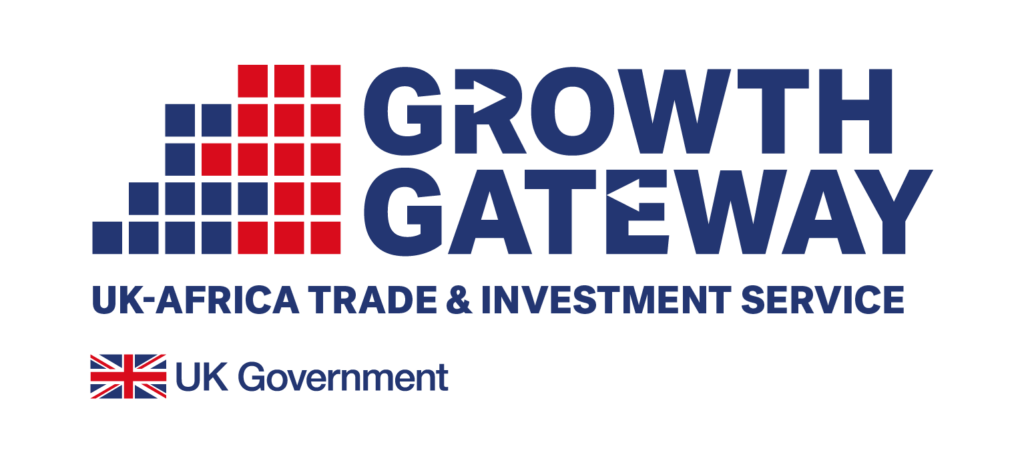Investing in Morocco
What you need to know
Getting Started
Everything you’ll need to know to begin
Morocco’s Investment and Trade Agency (AMDIE) is in charge of promoting national and foreign investment as well as export of goods and services.
- ⇒You will find here their investor guide (2020 version)
• The legal vehicles used by foreign companies for the purpose of setting up a business in Morocco are the branch and the subsidiary.
• Under subsidiary form, the foreign entities generally opt for the corporation (SA) or the limited liability company (SARL).
• The OMPIC (Moroccan Office of Industrial and Commercial Property) is the body responsible for the protection of industrial property (trademarks, patents, industrial designs) and for keeping the central trade register in Morocco
⇒You will find here a summary of formalities for creating an entreprise as well as the different types of commercial companies recognized in Morocco
- • The CRI (Regional Investment Centre) of Casablanca-Settat Region is the one-stop shop facilitating procedures related to business creation and investment
- ⇒You will find here a summary of formalities for creating an entreprise as well as the different types of commercial companies recognized in Morocco
- • The General Tax Administration is responsible for establishing & collecting state taxes as well as ensuring compliance with the tax law
- ⇒ You will find here the General Tax code (French, 2023 version)
• In Morocco, the Investment Charter lays out the legal framework that protects and regulates foreign investment.
• Moroccan law does not mandate that a local partner receive a certain percentage of the company’s shares, in contrast to the laws of certain other Middle-East and North African nations.
• Foreign investment is generally not restricted, regardless of the type of business you wish to establish in Morocco. Although there are no significant differences between domestic and foreign investments in Morocco, it is considered necessary to understand and follow the rules of the foreign exchange market because the possibility of repatriating investment capital, capital gains, and dividends is dependent on it.
• Following the completion of certain formalities, foreign investors are permitted to freely transfer the entire proceeds of their investments in Morocco abroad (i.e. dividends, shares sale price, and liquidation income under the condition that the initial investment is realised in one of the foreign currencies listed by the Moroccan Central Bank).
• However, some specific transfers of funds into and out of Morocco are subject to prior authorisations from the Exchange Control Office.
• The Exchange Control Office is the public administration in charge of the regulation and control of foreign exchange operations
- ⇒ You will find here a summary of regulations for foreign investors

- ⇒ You will find here a summary of regulations for foreign investors
• A law was enacted in 2010 for the setting up of a finance area in Casablanca, called, Casablanca Finance City.
• The Casablanca Finance City statute may be granted to specific financial institutions as well as non-financial institutions that offer such services as auditing, fiscal, legal, financial, actuarial, and human resources management advisory.
• The CFC financial statute gives access to an attractive package of advantages. These advantages include tax incentives, exchange control facilitation measures as well as other benefits for doing business.





